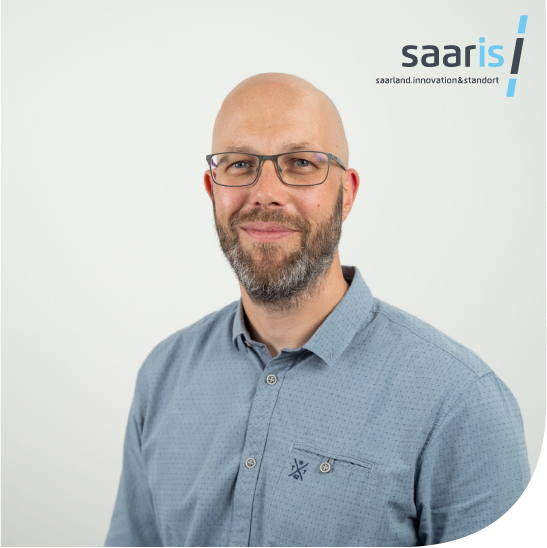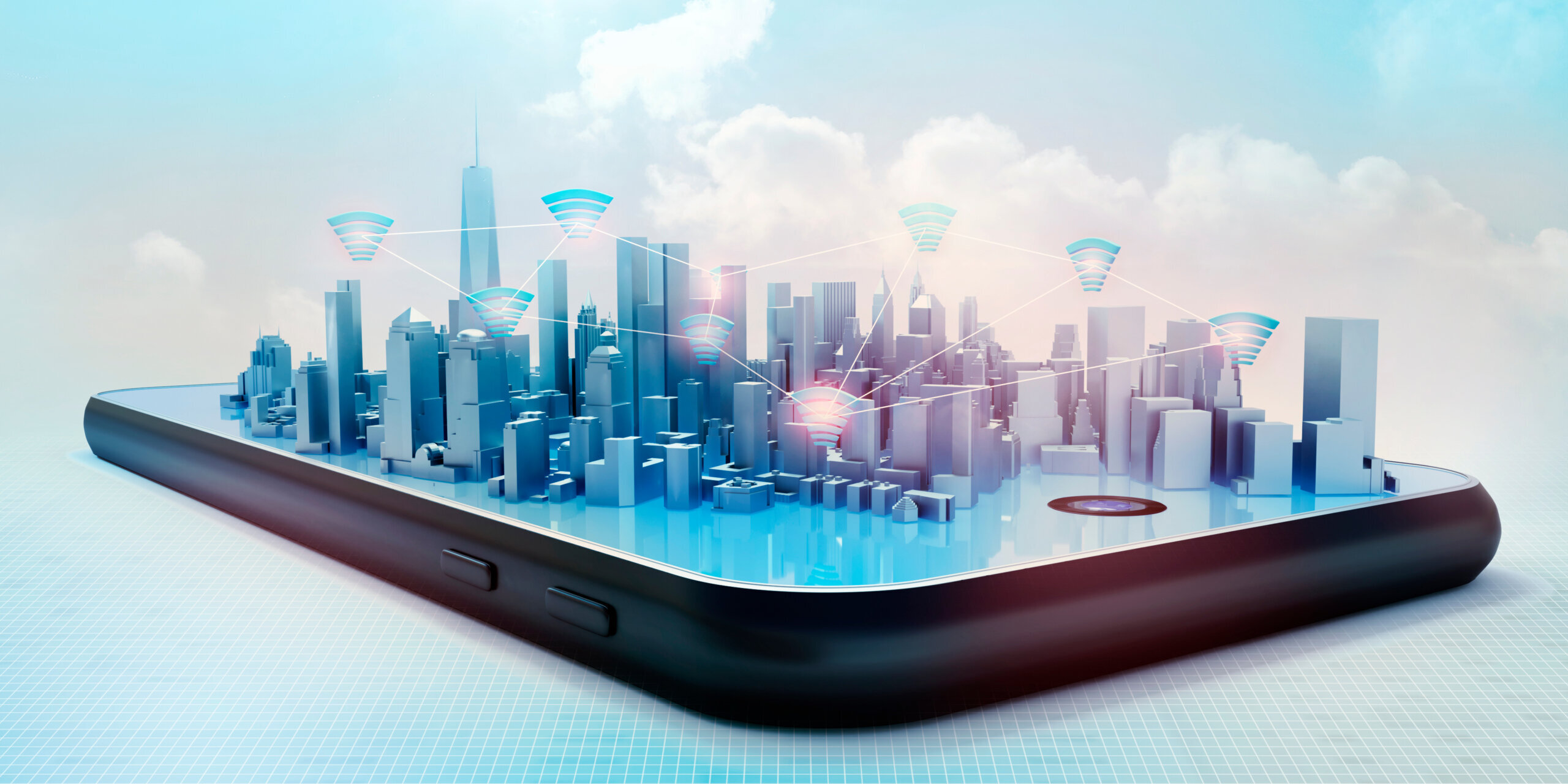©AdobeStock_390185266
Smart City Kirkel: How a municipality with LoRaWAN and open source digitalisation can experience
The municipality of Kirkel in the Saarpfalz district is impressively showing how digitalisation can be achieved at municipal level. With the development of an open LoRaWAN (Long Range Wide Area Network) network Kirkel provides the basis for a wide range of smart city applications, from environmental monitoring to energy efficiency, to support the winter service and fire brigade. The project was implemented jointly with a local engineering firm, was initially financed from its own resources and received funding from the then Ministry of Economy, Labour, Energy and Transport in 2021. This has enabled a predictable budget to create a future-proof digital and open infrastructure.
The close cooperation with the neighbouring municipality of Bexbach is particularly important. Together, a regional LoRaWAN network has been built, operating across municipal borders.
The project is open to other municipalities wishing to join the network – a model for sustainable rural digitalisation.
What is LoRaWAN?
LoRaWAN stands for Long Range Wide Area Network, a radio network specifically developed for the Internet of Things (IoT). Sensors, for example, collect temperature, air quality or water levels and transmit data over long distances to central gateways. From there, they reach GDPR-compliant data centres via the internet where they are processed and made available – safe, energy-efficient and cost-effective.
Advantages of LoRaWAN infrastructure:
- Wide range (up to 15 km) with low energy consumption
- Low cost of non-licensed spectrum and waiving of mobile contracts
- Scalability and easy integration of new sensors
- Compact, low-maintenance hardware
- Encryption at network and application level
- Open source friendly and community-oriented
- Digital sovereignty through own control over infrastructure and data
Kirkel’s applications are practical and diverse:
- Level and precipitation measurements support flood prevention
- Energy consumption monitoring in public buildings
- Traffic censuses provide data for infrastructure planning
- Water temperature measurements in swimming pools are publicly available via a dashboard
- Sensors in municipal buildings capture room temperature and humidity
- Signalling buttons in accessible areas send a message to staff when acting
In addition, local citizens and businesses can actively use the existing LoRaWAN infrastructure and further strengthen them through their own contributions, for example by creating additional gateways or integrating their own sensors. This creates a community-led network that not only enables municipal applications but also supports individual IoT projects.
These solutions make digitalisation tangible and liveable – and lead to acceptance by citizens and businesses.
Open Source and Data Security: Digital sovereignty in practice
Kirkel consistently starts up Open source software how Node-RED— InfluxDB and Grafana and open community approaches how The Things Network this combines technological openness with a high level of data security. This strategy brings many benefits to municipalities:
- No licence costs – ideal for municipal households
- Transparency and security through open source code
- Independence from individual providers
- Promoting digital participation through open infrastructure
- Encryption at network and application level
- GDPR-compliant data-saving processing
- Full control of data processing by TTN community Saarpfalz
This combination of openness and security strengthens: digital sovereignty the municipality – and builds trust among citizens: internal, business and administrative alike.


EDIH Saarland & Conclusion: Catalysts for local digitalisation
Although EDIH Saarland was not directly involved in the project, the Kirkel example shows the importance of regional networks and low-threshold support structures for the digital transformation.
Kirkel shows how a strong IoT network can emerge with a manageable budget, technical openness and local and inter-municipal cooperation. As part of the Saarland GovTech network, EDIH Saarland sees such projects as an important driver for the digital transformation of the public sector.
The Saarland EDIH supports SMEs and municipalities in developing and implementing digital solutions, accompanying them from the first idea to concrete implementation – practical, independent and forward-looking.
Our achievements:
- Technology advice and feasibility analyses
- Advice on funding and support for applications
- Networking with relevant partners and pilot projects
- Monitoring the implementation of innovative projects
- Training and workshops on digital skills development
Together with you, we are developing solutions that fit your organisation – practical, sustainable and forward-looking.

Author
Daniel Hector
Saaris

